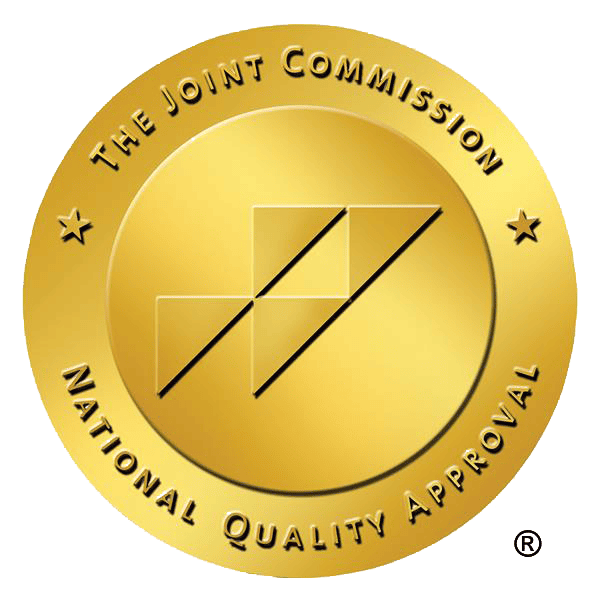Along with the start of spring, April is Alcohol Awareness Month, an initiative to educate on the dangers and issues related to alcohol while working to lessen the stigma surrounding alcoholism and substance use.
Alcoholism, or alcohol use disorder, is a medical condition characterized by an impaired ability to stop or control alcohol use despite adverse social, occupational or health consequences. Considered a brain disorder, it can range from mild to severe, encompassing terms such as abuse, dependence, addiction or binge drinking, and it is progressive, which means that the severity tends to increase over time.
With over 14 million, or around 1 in 20 U.S. adults admitting to struggling with alcoholism in 2019, alcohol use disorder is more common than many of us realize, and given its dangers, such as injury and chronic illness like heart disease, stroke, liver disease and cancer, alcohol is actually the third leading preventable cause of death in the United States. The key word, however, is preventable.
The good news is, as with other disorders and diseases, there are many evidence-based treatments that can lead to sustained sobriety and long-term recovery. Behavioral therapy, support groups, recovery programs and even medication have helped many individuals overcome alcoholism, going on to lead happy, healthy lives.
Have you had a friend or loved one suggest you cut back, found yourself needing a drink to feel better or dealt with feelings of guilt or shame?
Take our free assessment below to find out if you may have a problem with alcohol use.*









